Ukraine war: Deserters from the Russian army live in fear as they are hunted in their homeland

Faced with the choice of participating in a war of aggression or going to prison in Ukraine for refusing to serve military service, hundreds of deserters and conscientious objectors fled to neighboring former Soviet states, where they now remain in limbo.
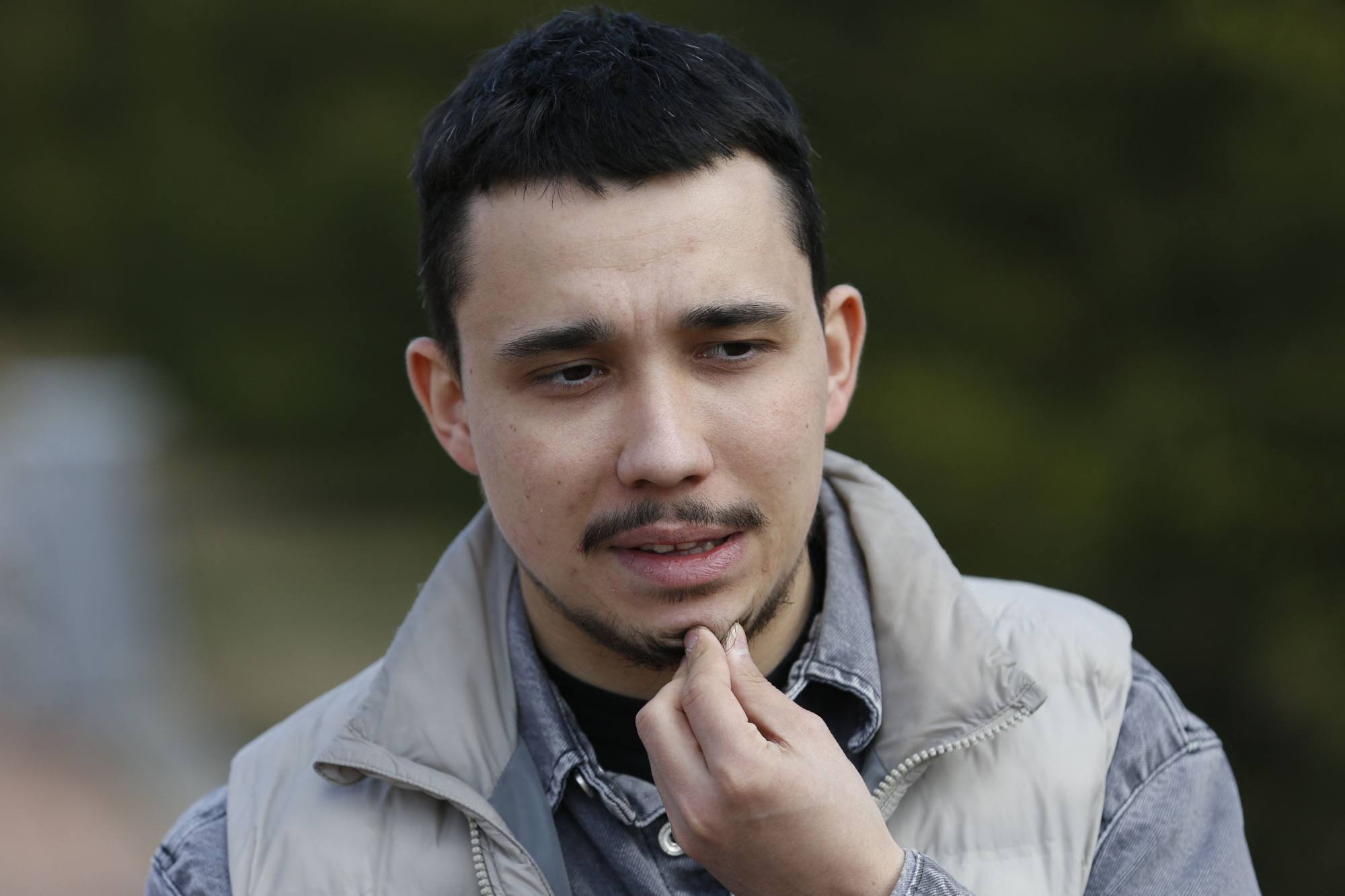
The Russian authorities have opened criminal proceedings against Ziganshin for abandoning his unit. He does not feel safe in Kazakhstan and fears being deported to Russia.
However, it is difficult for men like him to seek refuge in the West because many Russian soldiers do not have a Russian passport that allows them to enter Europe, but only documents that allow them to enter neighboring countries such as Kazakhstan or Armenia.
Anti-war activists are calling on European and US politicians to do more to help men like Ziganshin, who are hunted in their own country and viewed with suspicion in the West.
During his stay in Kazakhstan, Ziganshin was briefly detained twice, most recently in June.
But he does not give up. He speaks openly to foreign journalists about his opposition to Putin and the war in Ukraine.
Together with other anti-war activists, he recorded videos as part of the “Farewell to Arms” initiative to call on the Russians to flee the battlefield.
In one of these videos, a soldier sets fire to a uniform bearing the letter “Z,” a symbol of Moscow’s invasion of Ukraine, before walking into the nearest forest.
“Nobody attacked your homeland,” says a message at the end of the clip. “We have already refused to take part in a criminal war. You should do the same.”
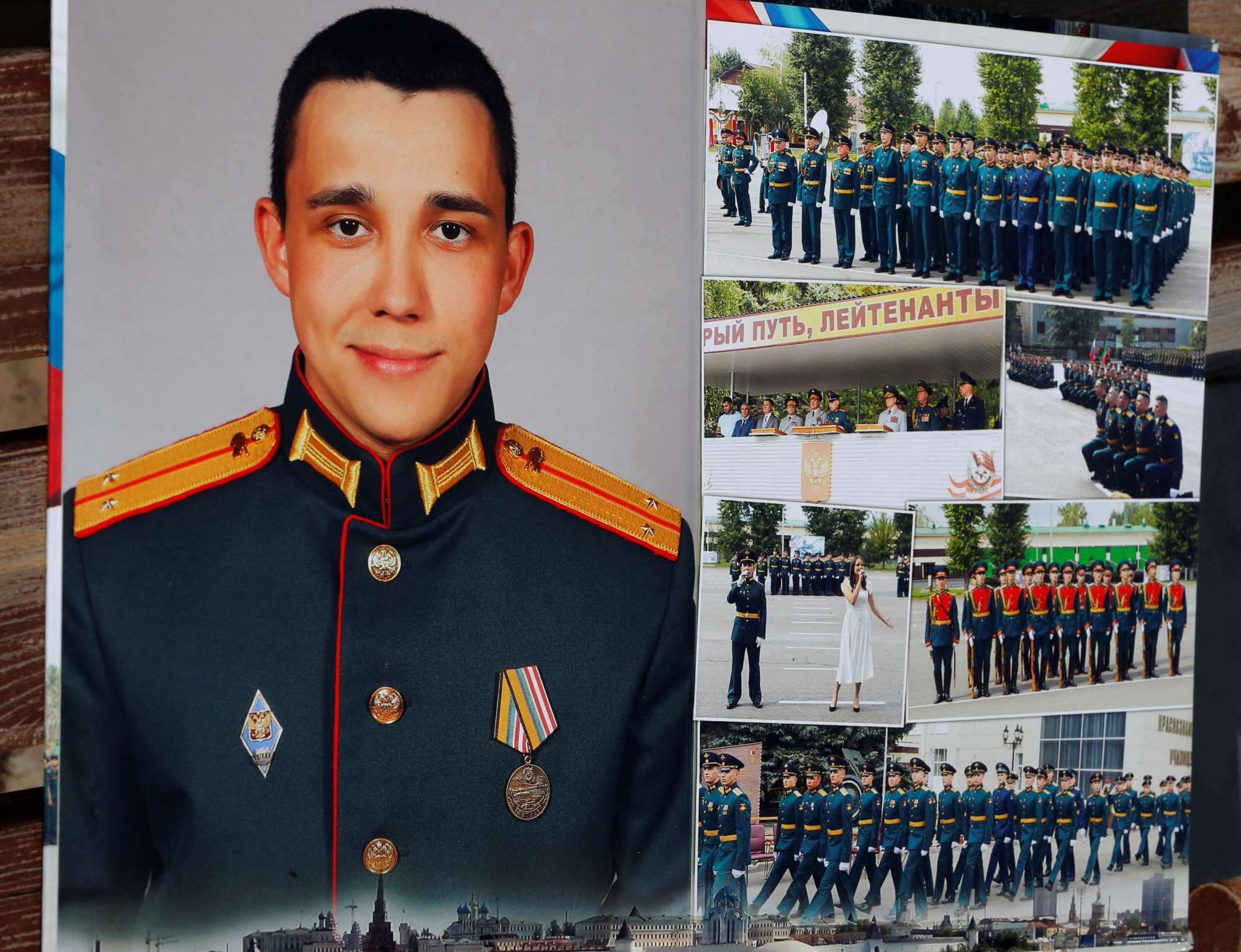
At the age of ten, Tsyganshin went to a military boarding school and graduated from a military academy that trains Russian tank commanders.
He describes the Russian armed forces as a “great school of life,” but when Russia invaded Ukraine, he realized that this was not the army he wanted to dedicate his life to.
He managed to resign, but the next day he learned that military mobilization had been announced and that he was to be sent to Ukraine along with about 300,000 other men.
Ziganshin hastily packed his things and fled to neighboring Kazakhstan. Fearing he would be sent back to Moscow where he could face criminal prosecution, he is trying to get a visa to enter France.
Kazakh human rights activist Artur Alkhastov said Russian deserters have virtually no chance of obtaining refugee status in the Central Asian country.
“We have really strong diplomatic relations with Russia,” Alkhastov said.
Activists also accused local authorities of facilitating the arrest of Russians who had sought refuge in Kazakhstan.
Mikhail Zhilin of the Russian Federal Guard Service fled to Kazakhstan to avoid conscription and crossed the border illegally. He was sent back to Russia and sentenced to six and a half years in prison last year.
Russian soldier Kamil Kasimov, who also fled to Kazakhstan, was arrested this spring and taken to a Russian military base in the city of Priozyorsk in central Kazakhstan, according to activists.
Ziganshin shudders at the thought of being sent back to Russia, where he faces a long prison sentence. His residence permit for Kazakhstan has expired.
“I am young, I want to make something of my life, I want to live with dignity,” he said.
Other deserters from the Russian army have fled to Armenia in the South Caucasus. But like Kazakhstan, which is home to a Russian military base, the country is not a safe destination, according to activists. In the last two years, two deserters have been arrested by Russian servicemen in Armenia.
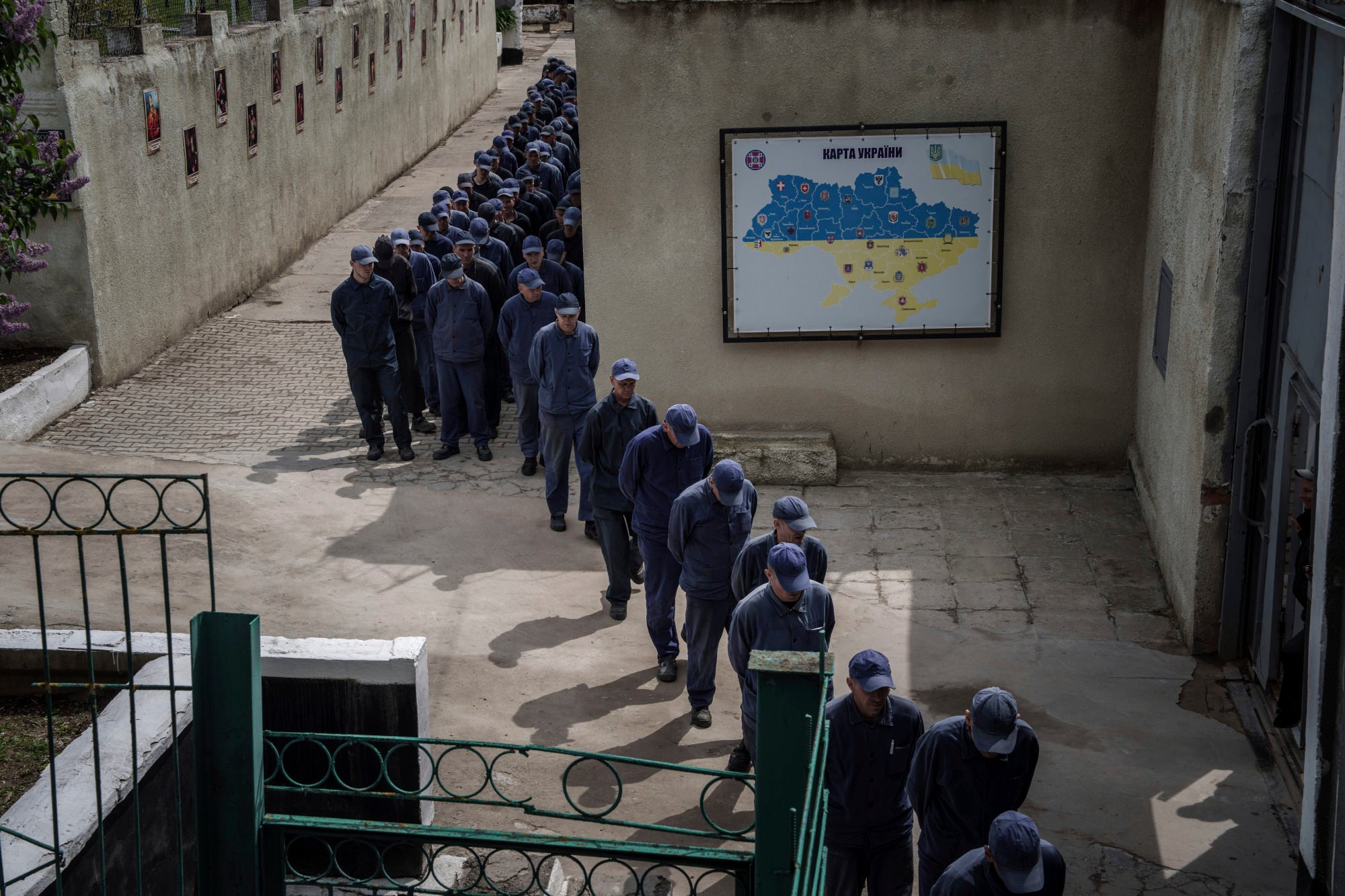
European countries remain taboo, says Ivan Chuviliaev, spokesman for the Russian anti-war project Idite Lesom (“Get Out”), which helps Russians desert and leave the country.
“They do not have any documents to apply for a visa,” he said.
Andrei Yuseinov, who served in the 39th Motorized Rifle Brigade on Sakhalin in the Russian Far East, was fortunate enough to escape to Georgia.
He said he “made up his story” and posed as a civilian in his hometown of Orenburg to obtain a passport that would allow him to travel to Georgia with his wife and child.
The 24-year-old said he refused to die “an absurd death” in Ukraine.
“I saw mothers crying in front of police officers who did not answer them, even though they knew their children were dead,” Yuseinov said.
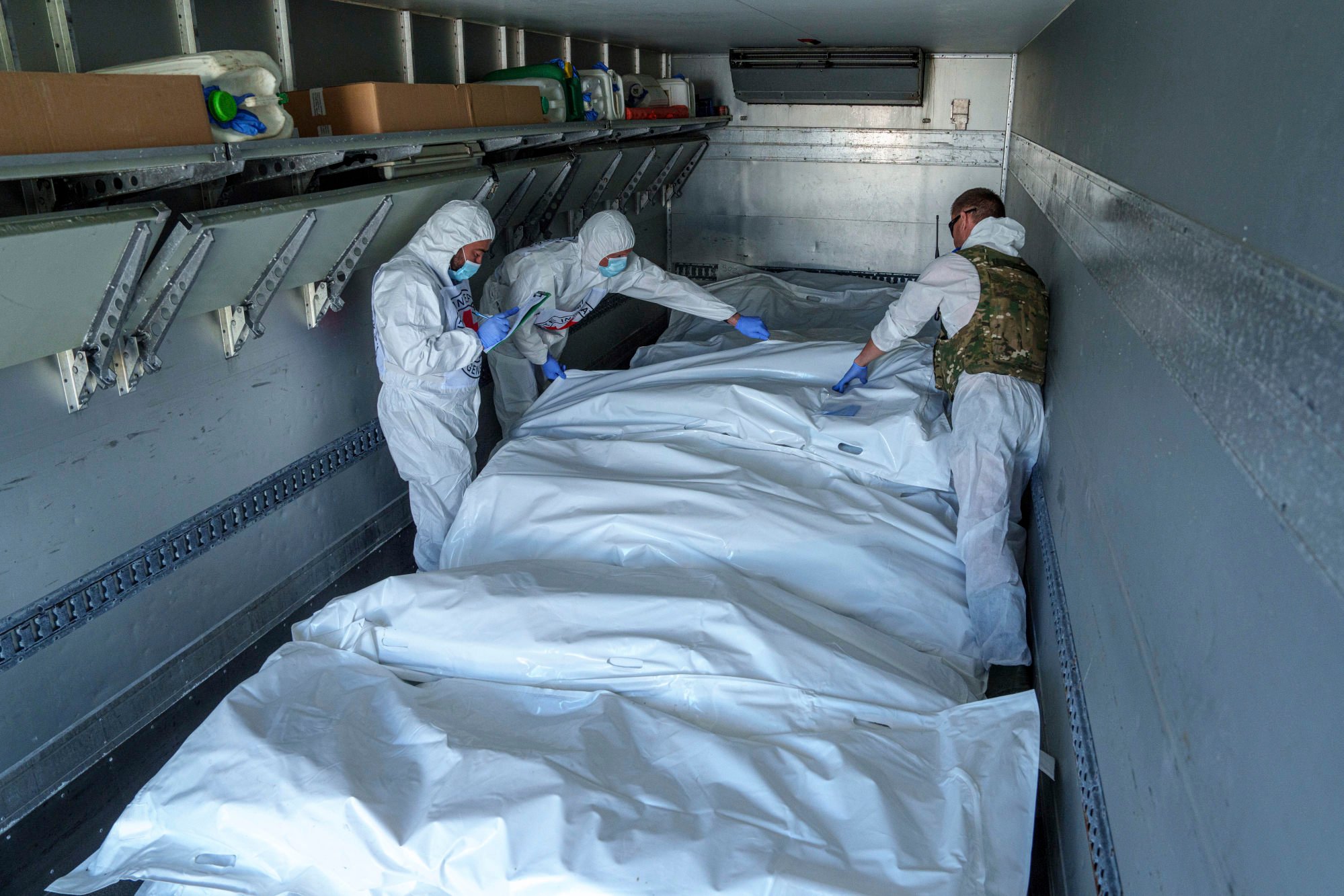
Activists and Western governments are concerned about Georgia’s recent pro-Russian tendencies, and Yuseinov believes he is not safe there.
He wanted to travel to France, but in May the French embassy in Tbilisi refused to grant him a visa.
Since Moscow’s invasion of Ukraine, many Russians have sought refuge in France, a country that has a long tradition of welcoming political exiles.
Last year, the country’s National Asylum Court (CNDA) also threw a lifeline to military deserters and conscientious objectors, ruling that “Russians fleeing mobilization for the war in Ukraine, as well as those who were mobilized and deserted, can obtain refugee status.”
According to the CNDA, 102 Russians who fled mobilization have already been granted refugee status in France. There are no deserters among them.
Many Russians find it difficult to obtain refugee status or even a visa to enter EU countries. Activists are calling on European governments to do more to help them.
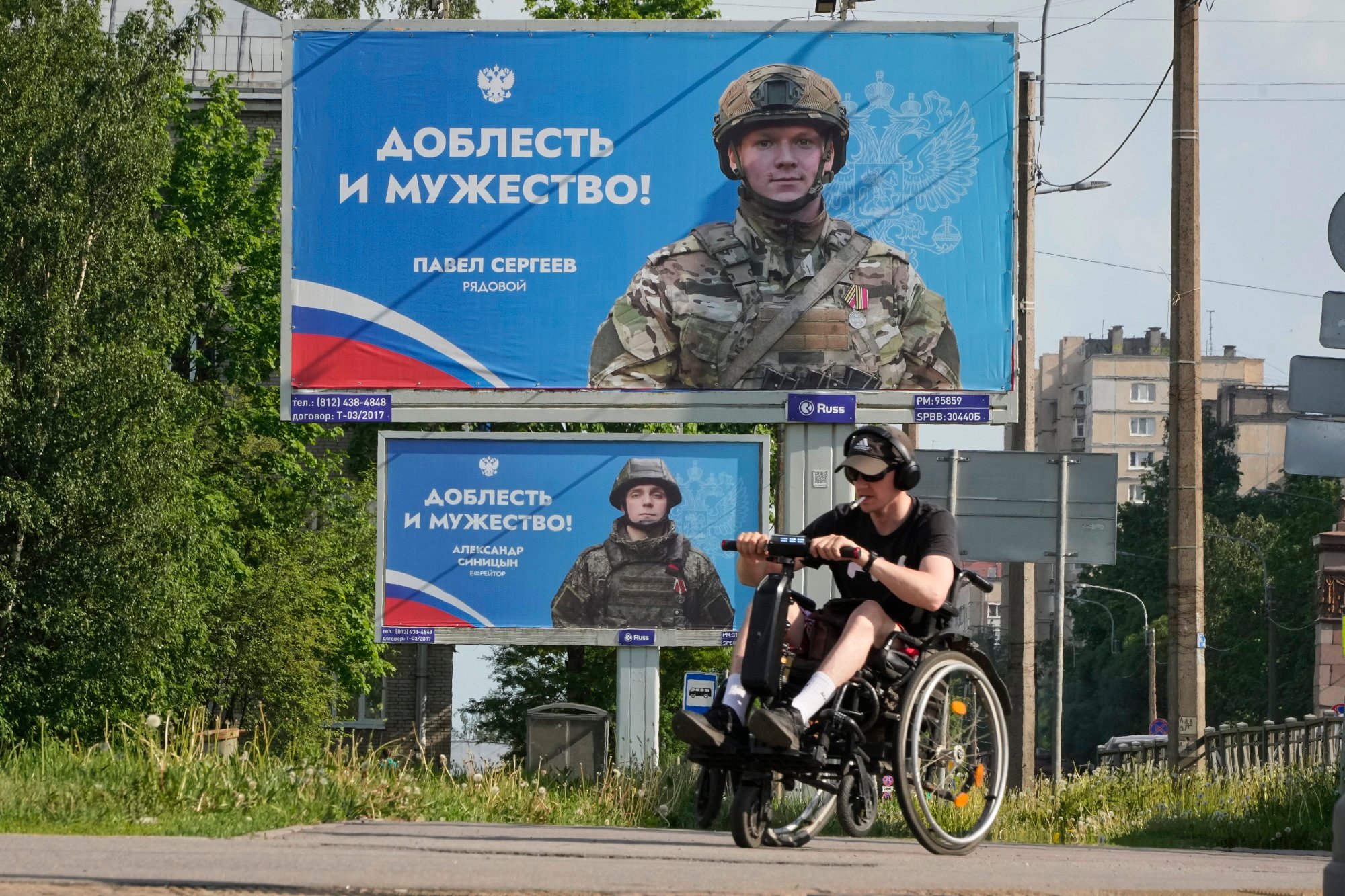
“They are real resistance fighters, they are not just soldiers who refused to risk their lives,” said Olga Prokopieva, president of Russie-Libertes, a Paris-based association.
“We would like France to become more involved, especially for deserters trapped in Armenia and Kazakhstan.”
Artem Klyga, a lawyer for the conscientious objectors’ movement, is lobbying the French and German governments to help Russians fleeing the battlefield.
He said both countries were aware of the scale of the problem but also expressed concerns about accepting soldiers who may have committed war crimes.
“I usually hear that all these Russians are war criminals and that’s why they have to be blocked in Russia,” he said.
The German Foreign Ministry stated that Russians opposed to the war who were “particularly at risk of persecution” could be accepted for humanitarian reasons.
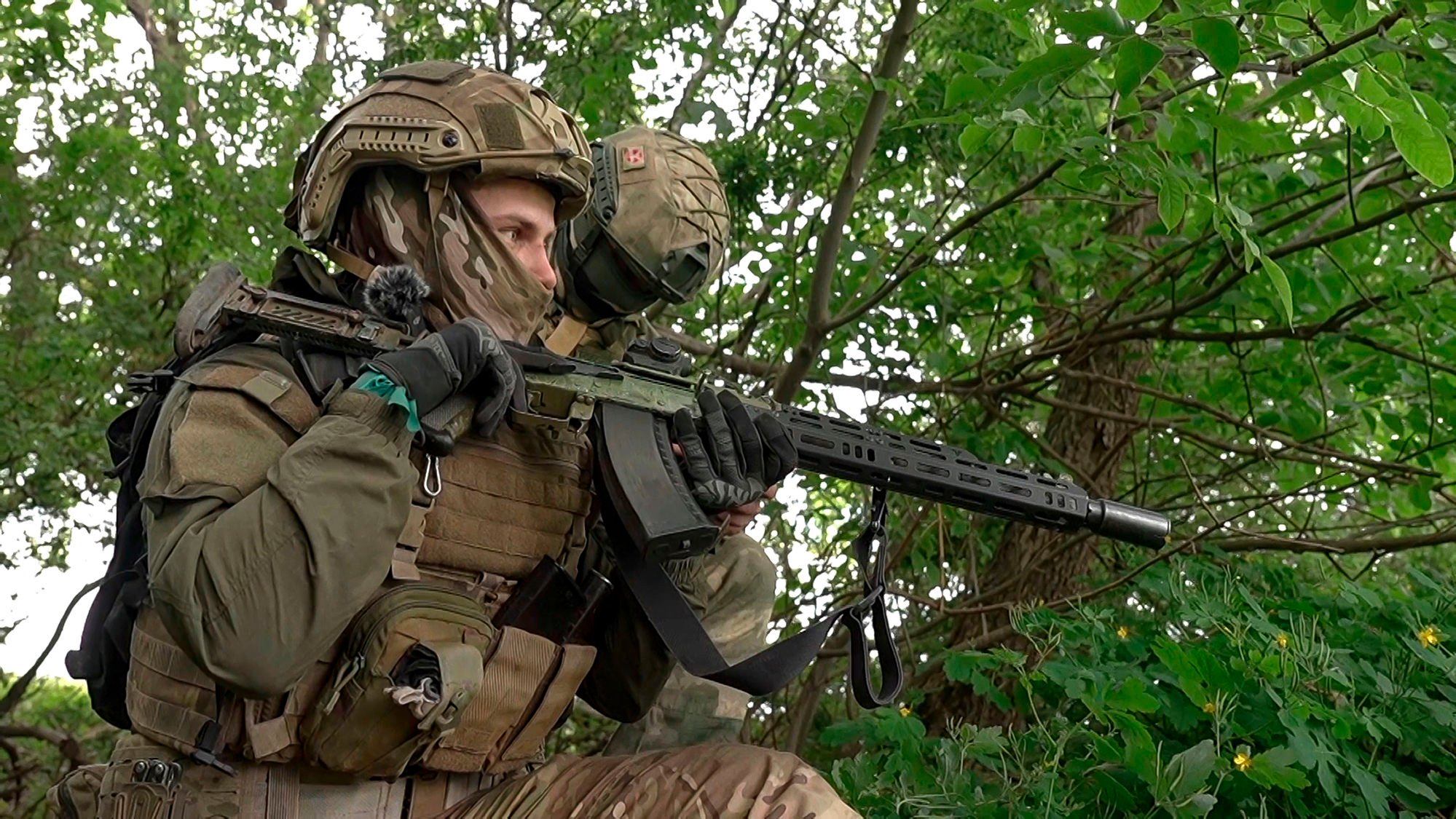
Vladimir (not his real name) is one of the conscientious objectors who managed to obtain asylum in France.
The 30-year-old reservist said he was “harassed” in the first months of the war. Russian servicemen first came to his house, then to his workplace and finally to his mother’s house to recruit him into the army.
“The fear grew,” said Vladimir.
In May 2022, he traveled to France to avoid conscription. Shortly thereafter, his mother received his summons to join the military. The CNDA granted him refugee status in April after a two-year process.
Dmitry (not his real name), a dance teacher in his 30s, said he did not want to “take up arms to kill other people.”
He fled Russia in September 2022, days after receiving a draft notice. He was granted asylum in April.
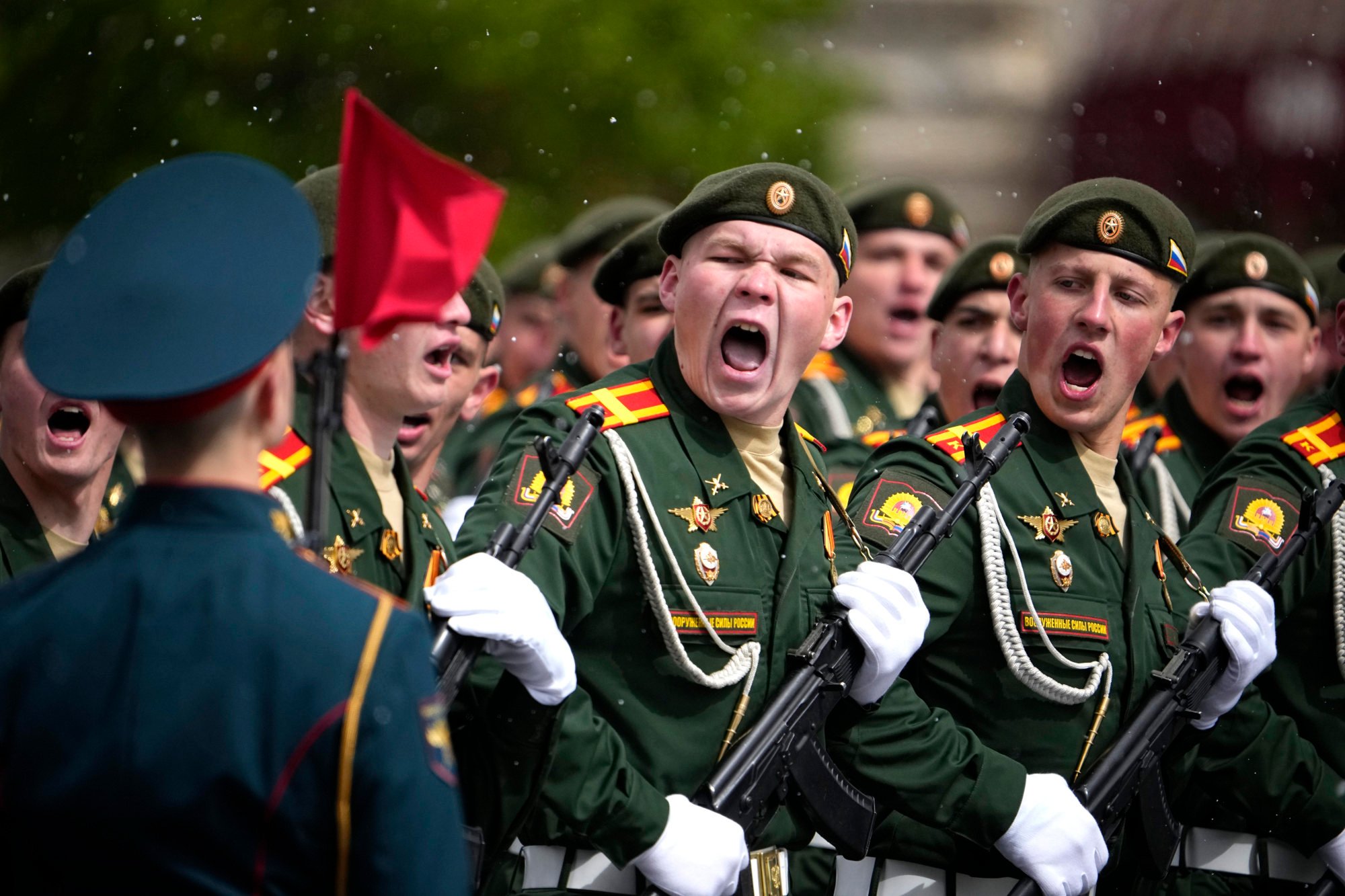
Oleg (not his real name), a martial arts instructor in his 40s, said he had “always been against Putin.”
He said his wife had taken part in protests organized by allies of Alexei Navalny, the opposition leader who died suddenly in an Arctic prison in February. Oleg had taken part in a fundraiser for a Ukrainian friend whose home was destroyed as a result of the Russian invasion, he said.
After receiving his summons, Oleg left for Georgia with his wife and two children in September 2022.
In April, he was granted refugee status in France.
“If we hadn’t left, I would be either in prison or on the battlefield,” Oleg said.
Alexander, 34, his 37-year-old wife Daria and their two children are still waiting for the French authorities to decide their fate.
The family fled St. Petersburg in March 2023 after Alexander, an engineer, received his draft notice.
Her car and apartment door were damaged because of Daria’s anti-war activism.
The family, who live in a town in the north of France, has left a comfortable life behind.
Alexander said he had no regrets. “I saved my family and did not become a murderer,” he said.
Activists say that if Western countries wanted to better support Ukraine, they should offer asylum to Russian deserters.
“If we want the Russian army to become weaker, we must support deserters,” Chuviliaev said.
The independent Russian-language media company Mediazona has registered around 8,600 cases of unauthorized absence since the mobilization began in September 2022.
By comparison, in 2021, only just over 600 such cases were brought to court. The number of desertion allegations has also skyrocketed: According to Mediazona, more than 300 cases have been brought to court since conscription began. In comparison, there were only 33 such cases in 2021.
Russian deserters should be welcomed in the West and not stigmatized for serving in the Russian army, said a spokeswoman for InTransit, an organization that helps men flee war.
“If you’re just an activist and you’ve participated in a few demonstrations, you can get a humanitarian visa. But if you were in the military and you shot yourself in the leg and ran away,” she said, “you won’t get a visa.”



